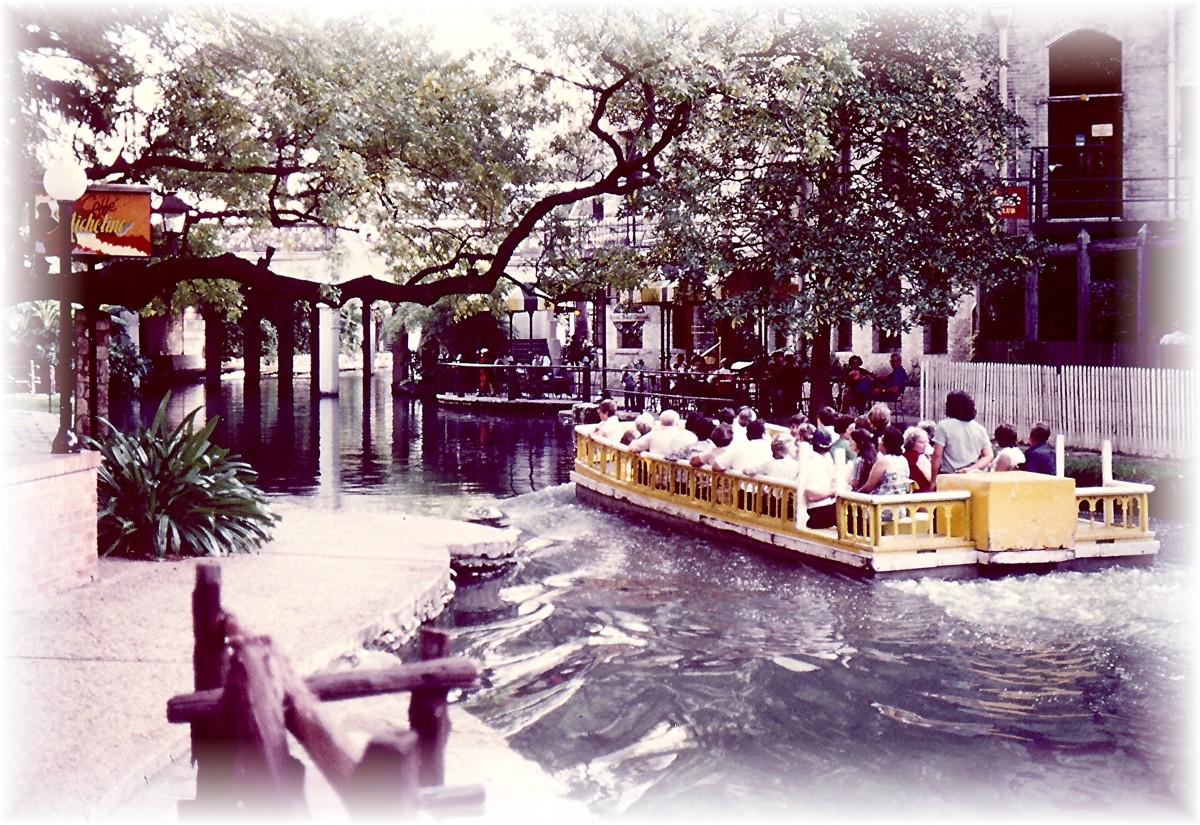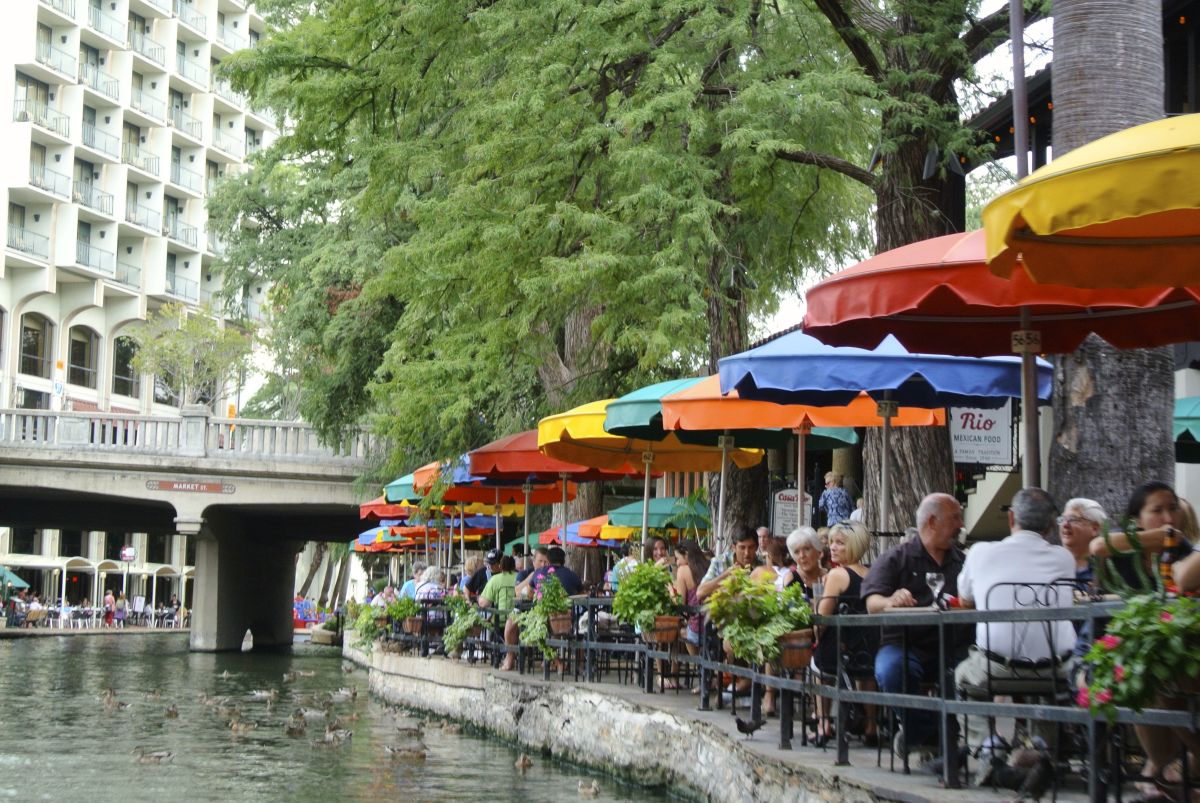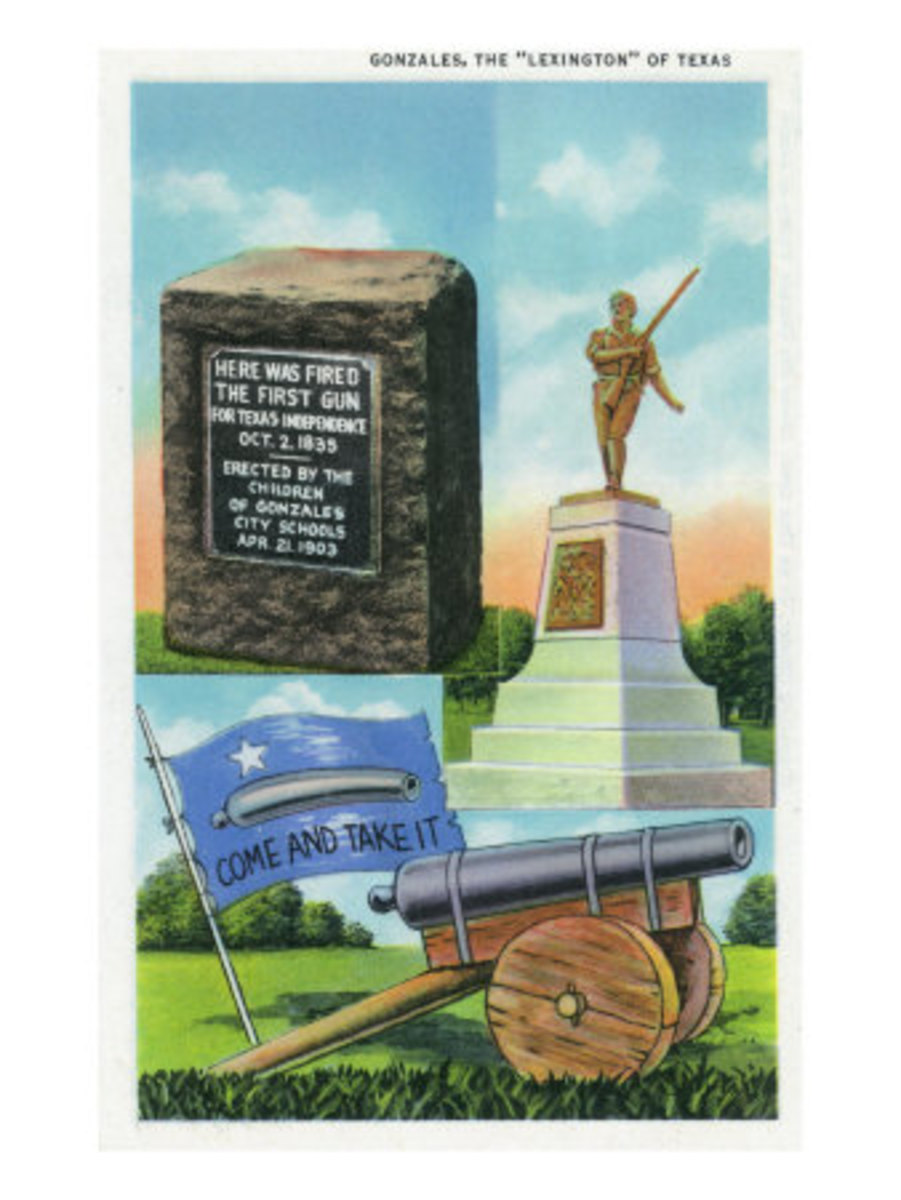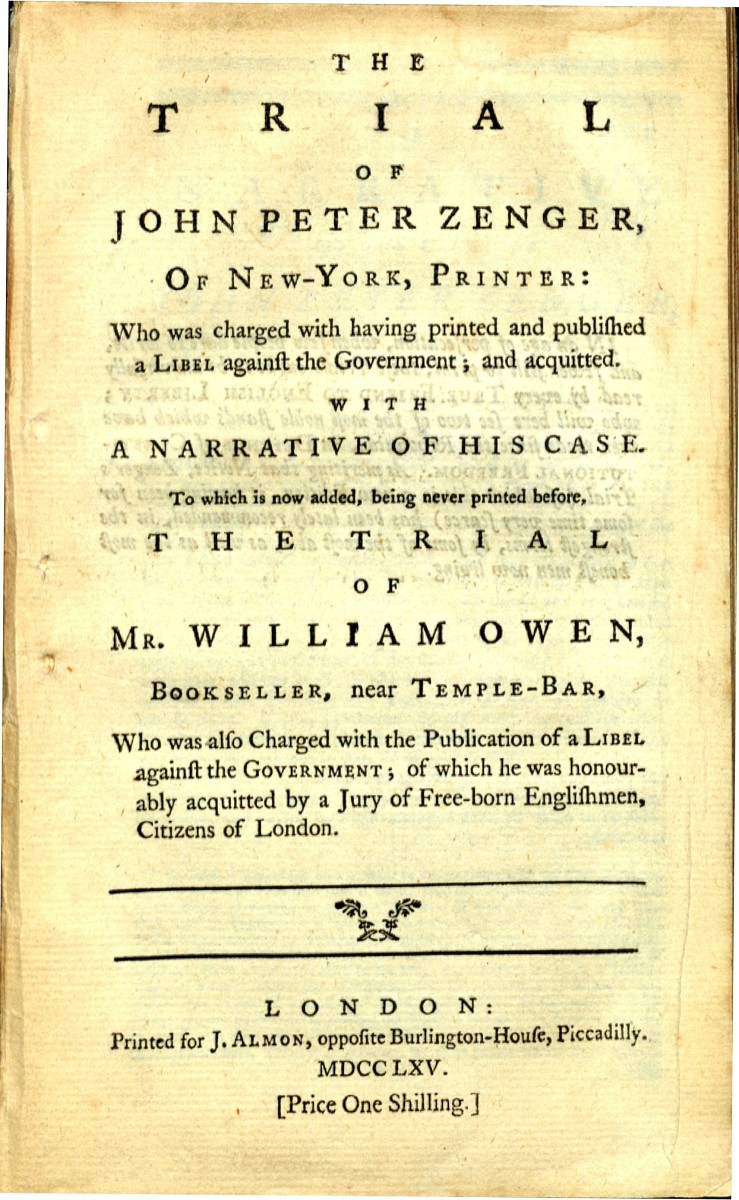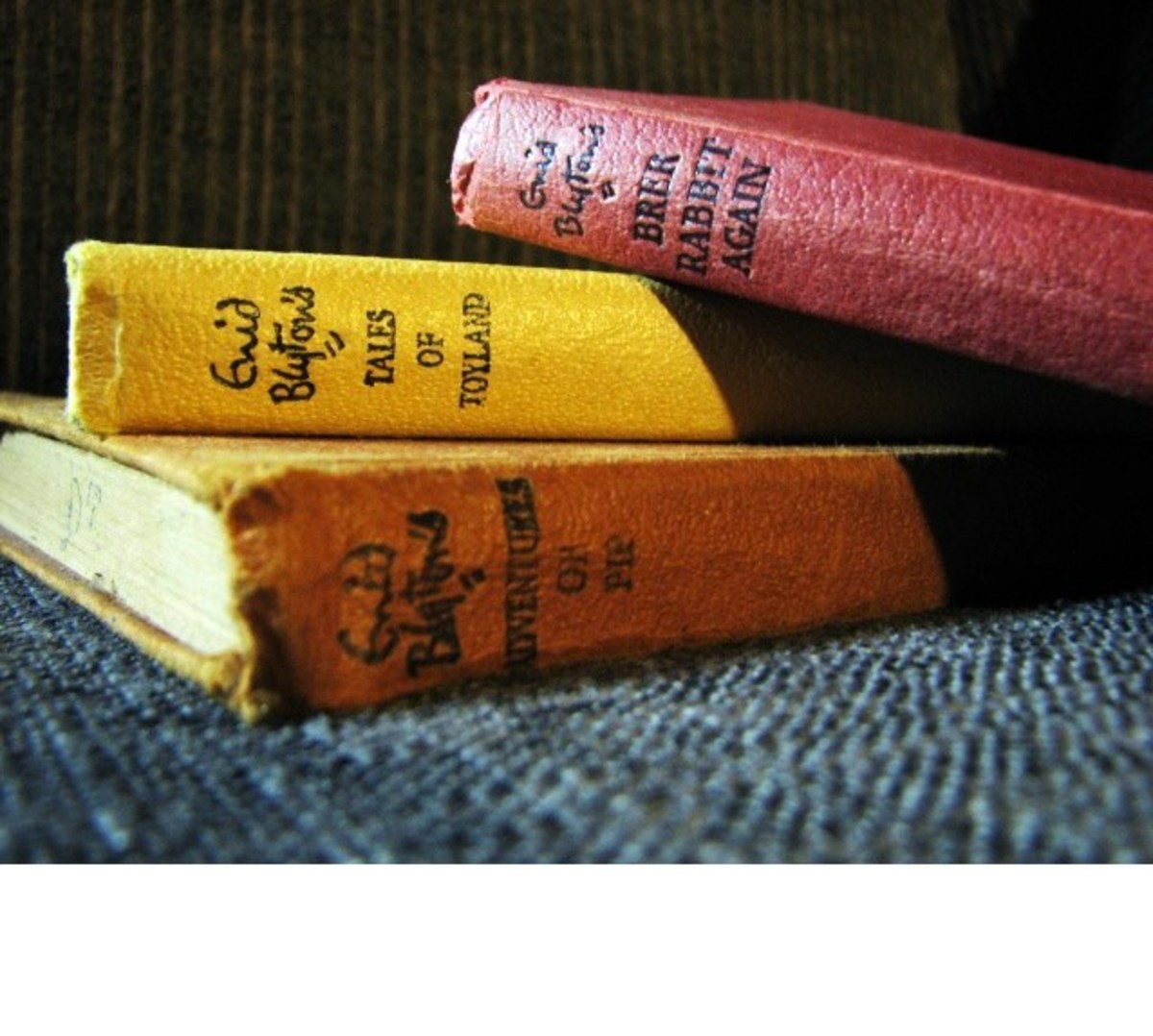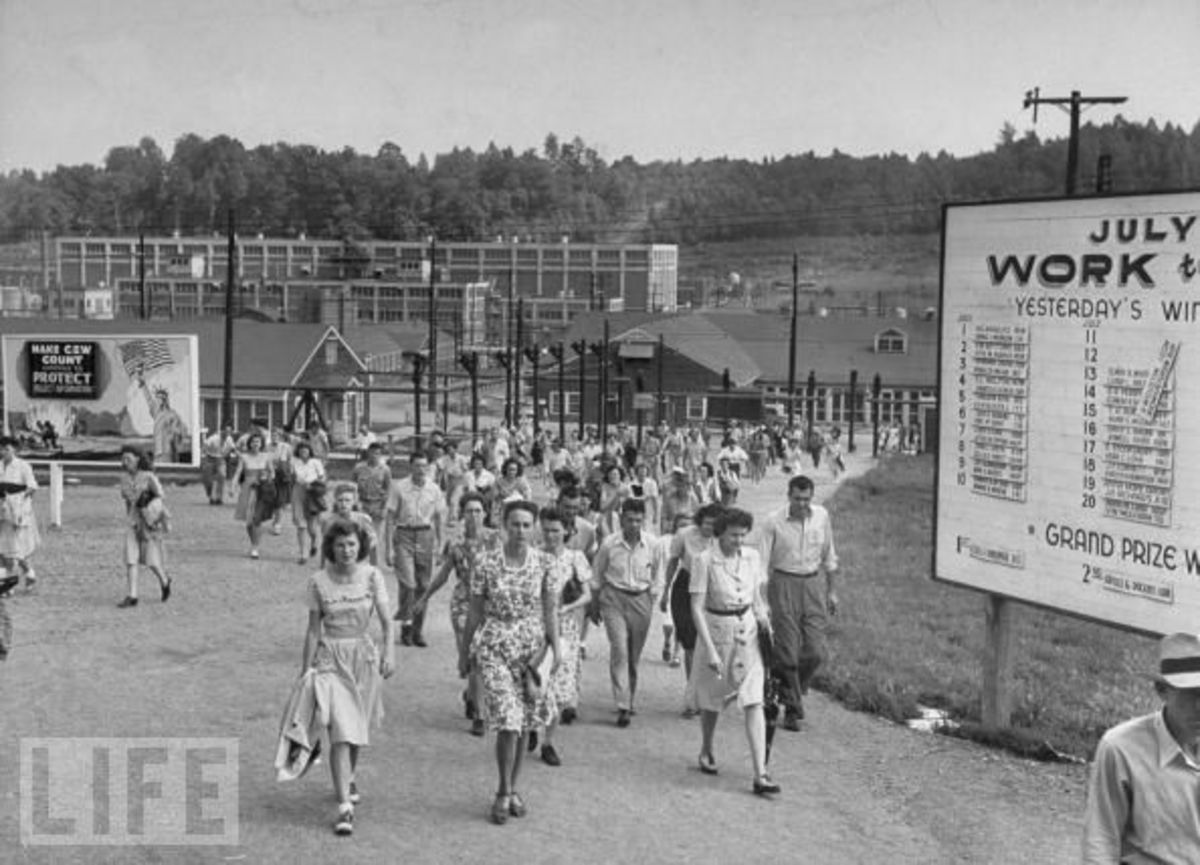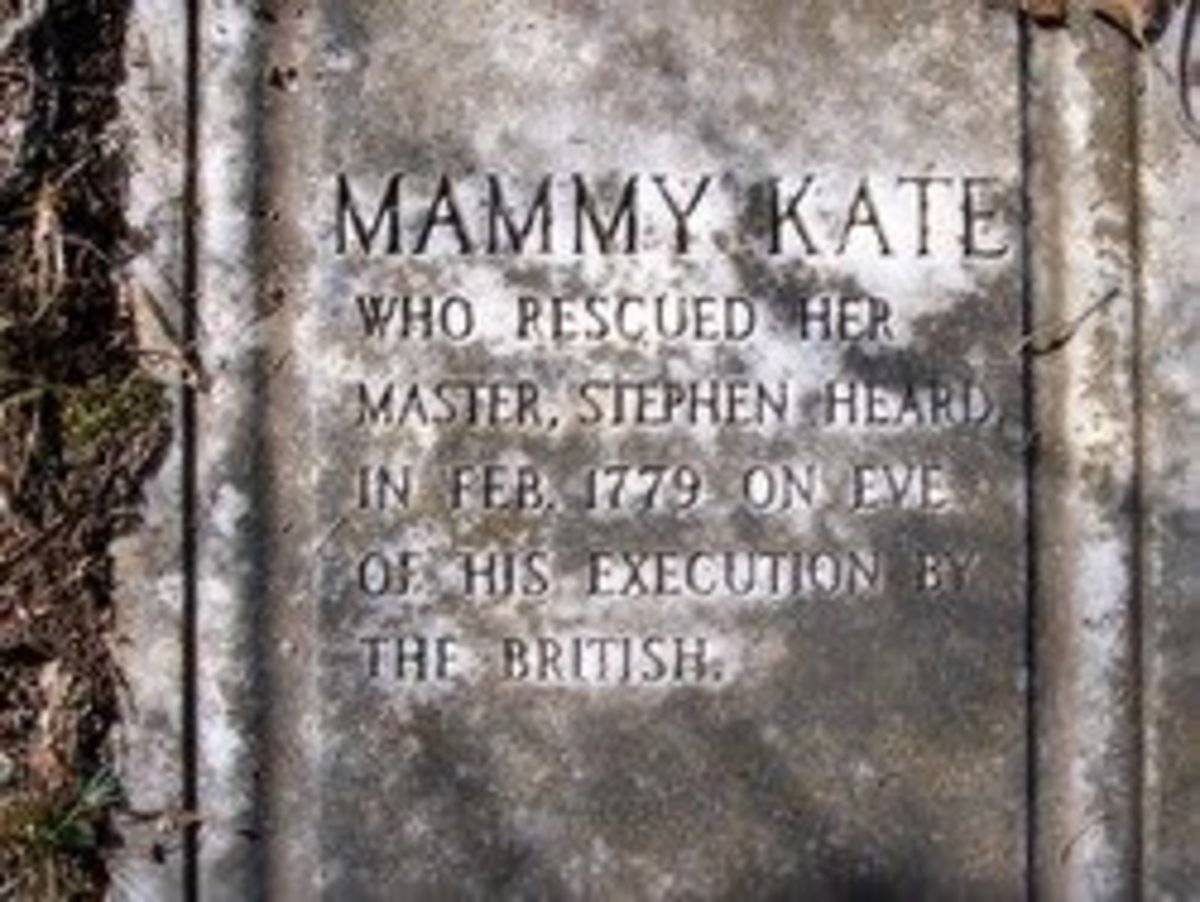- HubPages»
- Education and Science»
- History & Archaeology»
- History of the Americas
C.H. Guenther and Pioneer Flour
Born 19 March 1826 in Weissenfels on the Saale River in Saxony, Germany, Carl Hilmar (C.H.) Guenther was the first son but third child of eight children reared by Carl Gottfried and Johanne Rosina Guenther nee Koerner. His family lineage included Lutheran clergymen and cloth merchants. Raised in a wealthy family, he received an excellent education albeit at home, earning an apprenticeship as a miller. Escaping an arranged marriage as well as the local royal government, he sought greater opportunities and freedom in the United States. Although his parents disapproved, he received a loan through a friend and booked passage to America. In 1848, he landed in New York and traveled to Wisconsin, where he remained for two years. Traveling south, down the Mississippi River, he arrived in New Orleans and heard about excellent opportunities in Texas, especially among German settlements. He arrived at the coastal town of Indianola in 1851 and history has it that he gave up his seat on a wagon to a fellow female traveler and walked the entire 250 miles to San Antonio. He continued to Fredericksburg, where a business deal allowed him to build a new mill.
C.H. excavated the millrace himself by hand and designed and made the waterwheel and gears from local oak trees. Typical of hard-working Texas-Germans, he was also the Fredericksburg Justice of the Peace in 1856. In Fredericksburg, he fell in love with Dorothea Pape and the couple were soon married. He built his own house and over the years they had seven children. As his family grew, so too did his business flourish. With the influx of new immigrants to the Texas, flour demand soared. But after a few years of drought, he decided to move to San Antonio where greater markets offered more opportunities to expand his product as well as provide room for his growing family.
Other German-Texan links
- Willie Gebhardt and the Invention of Chili Powder
The invention of chili powder and rise of chili in the United States started with the dream of a young German immigrant from New Braunfels, Texas. - The Ten Most Important German-Texans
German Texans make up an eclectic group of immigrants to the United States. Many Americans consider themselves German-Americans but only a few are privileged enough to be known as German-Texans!
Guenther built a new house and mill in what became the King William District (König Wilhelm) on the banks of the San Antonio River. This was to be the first flour mill in San Antonio. Unfortunately, he did not have the total funds needed to dig a canal to divert water from the San Antonio River to power his mill. An astute businessman, he made a deal with local farmers stating that if they helped him construct his new mill, he would purchase all the grain they could harvest. Receiving an inheritance from his father, he purchased the latest milling equipment and began to produce high-quality, fine flour.
As his business expanded, he purchased flour from Mexico, allowing him to mill year-round and not be limited by the growing cycle of nearby farmers. His products were of good quality and he delivered flour around the state quickly as the mill was strategically located next to a railhead.
The Civil War came roaring to Texas, and loyalties were questioned. However, as a miller who provided flour to the Confederacy, Guenther was exempt from military duty. Supplies during the war were limited, but C.H. was able to continue production. After the war, demand soared, but a water wheel can only produce so much. Therefore, he built a second mill with steam powered turbines. Over the years he produced a variety of different flours, eventually trademarking 12 new brands.
He renamed the business C.H. Guenther and sons but one of his sons built his own mill and began to sell flour using name Guenther Flour. Therefore, C.H. changed the company’s name to “Pioneer” and “White Wing.” It was easier than fighting his own son.
As in Fredericksburg, C.H. was active in San Antonio. He had a membership on the Beethoven Männerchor, one of the oldest German singing societies in Texas. Founded in 1867, it is a choir whose purpose is to preserve German song, music, and language. In addition, Guenther was a member of the Arbeiter Verein (a union) and the Casino Club, San Antonio’s first social club and theater.
Guenther retired and turned over control to his youngest son, Erhard. Erhard oversaw the completion of another mill. The 20-story square silo was at the time the tallest structure in San Antonio. C.H. Guenther died 18 October 1902 at 76 years of age.
Pioneer Mills, San Antonio, Texas
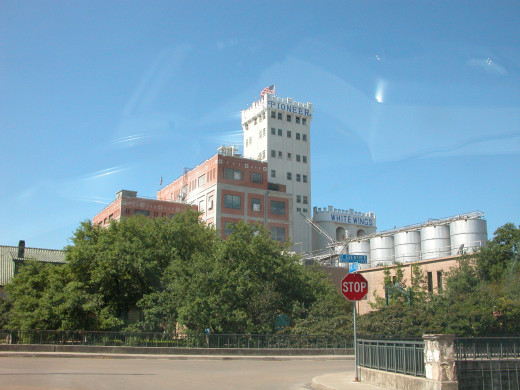
Today, Pioneer Flour is the oldest family-owned business and continuously owned flour mill in Texas. They have expanded their product line to include flours, cornmeal, baking mixes, gravies, pancake and waffle mix, and seasoning packages.
New Products


